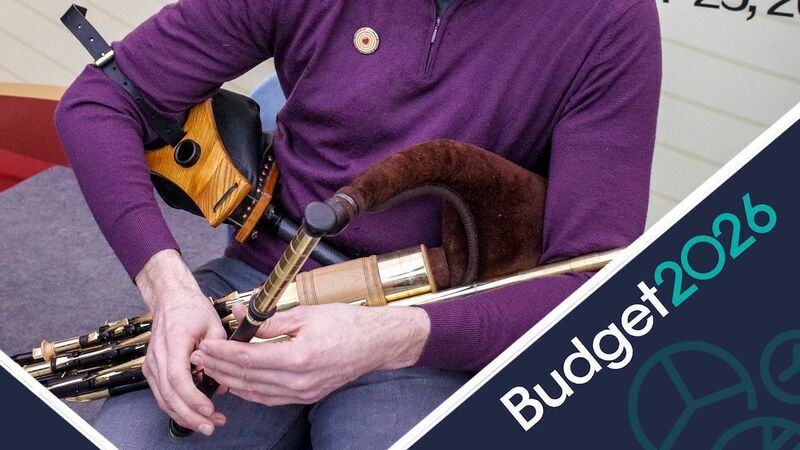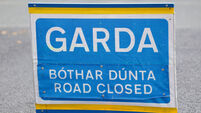Five of the more unusual things you may have missed from Budget 2026

Individuals who either manufacture, maintain, or repair uilleann pipes or Irish harps will continue to get tax relief until December 31, 2028.
Buried within the package of budget books was confirmation that an unusual tax measure is continuing.














